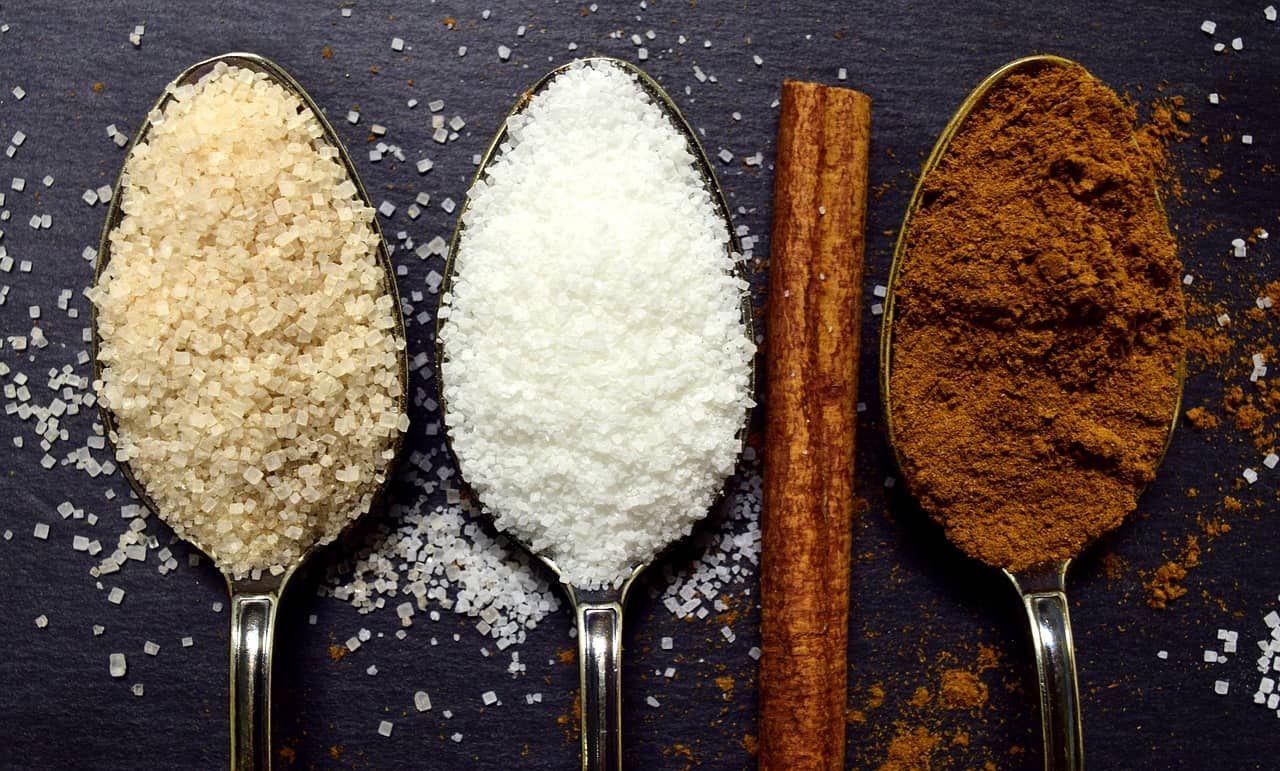Sugar Awareness Means Understanding How Sugar Functions In The Body And Knowing The Sources Of Dietary Sugar
Do you have concerns about what your senior loved one is eating? Becoming aware of sugar consumption is an important first step in improving their diet. Learn more in this article from the Pegasus home healthcare professionals in Ventura and elsewhere.
Human bodies require carbohydrates, fat, protein, vitamins, and minerals to function. Sugar is a carbohydrate. Carbs are a source of energy.
Carbohydrates may be complex, such as those found in grains and vegetables, or simple. The body breaks down complex carbs slowly to provide sustained energy.
Simple carbohydrates are those found in refined foods. They are also a natural part of milk, honey, and fruits. All are a source of energy, but refined foods often have little to no nutritive value.
Carbohydrates Are Essential For A Healthy Body
As well as providing energy, carbohydrates have other functions in the body. It’s the excess consumption, especially of simple sugars, that create various health problems.
Bodies store excess glucose as glycogen. Glycogen is available for energy between meals, such as when an individual is exercising or sleeping. When consumption is more than can be stored as glycogen, the body stores it as fat.
That can lead to blaming carbs for weight gain. Excess weight is the result of consuming more calories than the body needs. Maintaining a healthy weight requires balancing the quantity of food with the level of activity.
When carbohydrates are eliminated from the diet, the body burns protein for energy. Protein is needed to build and maintain muscle mass. Using it for energy means losing muscle mass, which has severe consequences if it continues.
Refined Sugar Is Empty Calories And Devoid Of Nutrition
Table sugar is refined from sugar beets or sugar cane. The process of refining removes all nutritive value from the plants. The resulting product is sucrose, which is a combination of fructose and glucose.
Glucose is a natural sugar produced by plants as a result of photosynthesis. It is also the only form of sugar the body can use. The digestive process breaks down all other carbohydrates and sugars into glucose.
Many people know glucose as blood sugar. The pancreas produces insulin to transport glucose through the bloodstream to where it’s needed by the cells. Diabetes results when either insulin isn’t produced, or the body can’t use the available insulin.
Statistically, Americans eat an average of 150 to 170 pounds of refined sugar annually. That might seem like an impossible amount. But when you consider that one pound contains 120 teaspoons of sugar, it adds up quickly.
Your senior is probably consuming more than the teaspoon or two added to each cup of coffee or tea. National Sugar Awareness Week spans January 14 – 18, 2019. It’s an ideal time to learn about hidden sugars, especially in processed food.
Sugar Awareness Means Knowing All The Names It Goes By
Becoming aware of all the names for sugar makes it easier to reduce how much is consumed. Food labels list ingredients in descending order. The nearer an ingredient is to the top, the more of it the product contains.
When you’re reading the ingredient labels on food items, look for items that end in “ose.” Those are sugars. Some are natural, such as lactose, which is milk sugar, but many are additives.
Many processed foods, sodas, and flavored drinks contain high fructose corn syrup (HFCS). It’s a combination of fructose and glucose made chemically from cornstarch. It’s used as an added sweetener, and its effect on health is controversial.
So-called raw sugar is refined sugar with molasses added and subjected an additional crystallization process. Brown sugar is also made from refined sugar and molasses.
Other lesser-known sugars include:
- Demerara
- Jaggery
- Muscovado
- Piloncillo
- Sucanat
- Turbinado
These are sugars that have undergone varying degrees of refining and have varying amounts of molasses or other additives.
Once you can recognize all the hidden sugars in food, it becomes easier to reduce the amount consumed. Tips for helping your senior loved one reduce their sugar consumption include:
- Using fruit for sweetener in foods like cereal and yogurt
- Keeping all sugar products off the table, perhaps in a cupboard
- Gradually reducing the amount of sugar added to drinks and food
- Reducing sugar (and salt) in food by cooking with herbs and spices
- Saving desserts, candy, sodas, and other sweets for special occasions
One way of monitoring sugar consumption is the glycemic index (GI). It’s a way of rating how quickly various foods raise blood sugar. The GI isn’t always accurate, but it can be a helpful guide.
You can help your senior loved one increase their sugar awareness and make good choices. When more assistance is needed, a Pegasus home healthcare dietitian can help. They specialize in planning healthy meals.
Pegasus is a licensed Home Care Organization and a Joint Commission Accredited Home Health Care organization. Our team of experts in Ventura and our other locations tailors their services to fit the needs of each client. We are here for you and your loved one to provide the level of care needed to live at home.

